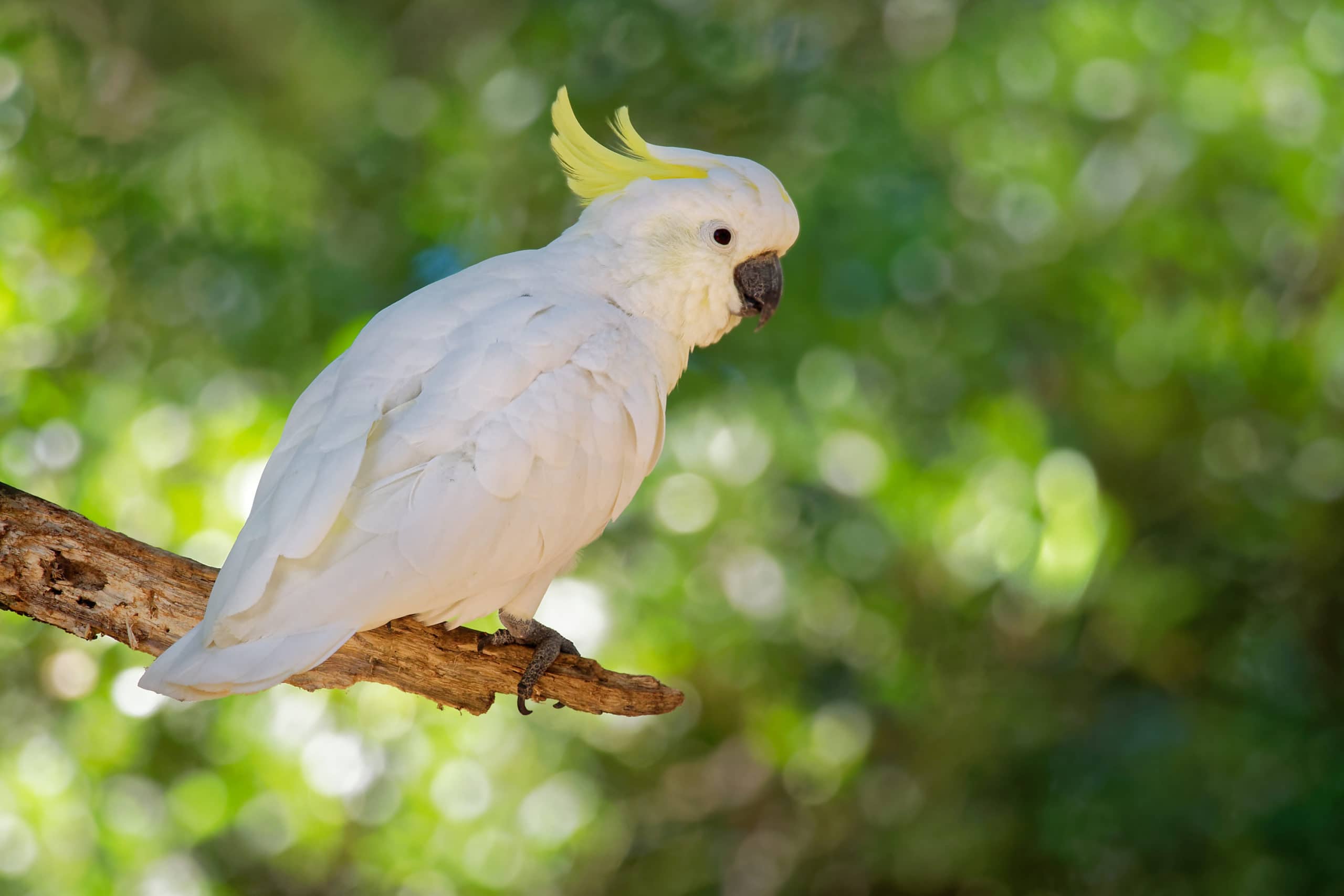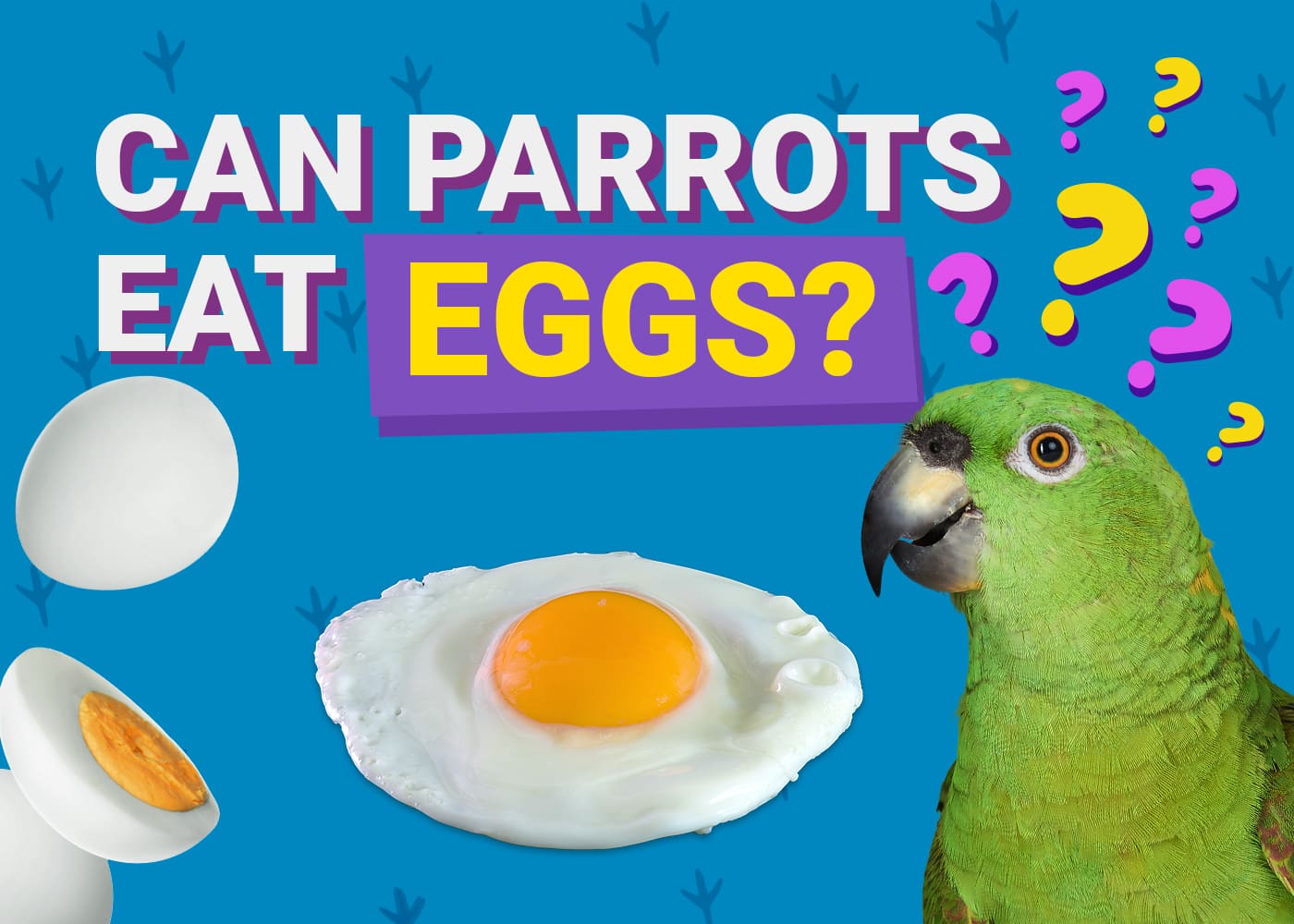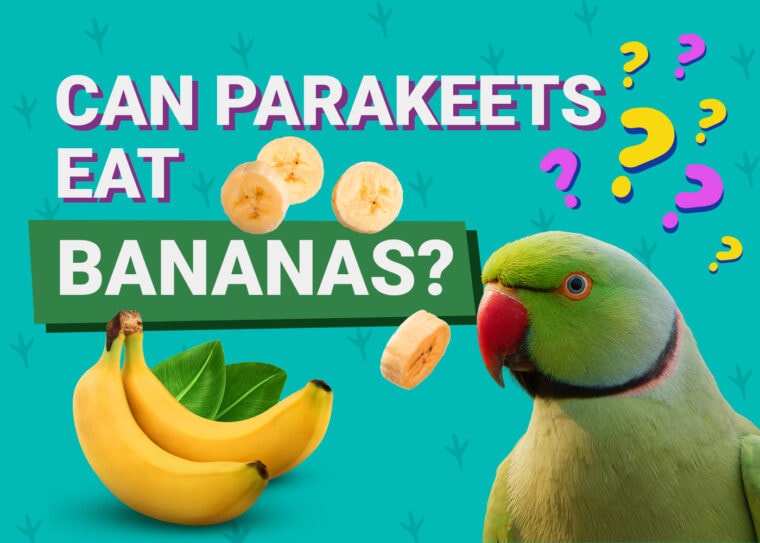
Most people who decide to have a bird as a pet choose the parakeet because it is a cheerful bird that enjoys the company of humans and possesses high intelligence. Like any other animal, for your parakeet to be healthy, its basic needs will have to be covered, one of the main ones being food. Parakeets also need lots of vitamins and minerals, and the best way to get them is by feeding them natural foods, like fruits and vegetables, which are essential for their health. Bananas are on the list of permitted foods, but don’t overdo them. They are a very high-calorie fruit that should be considered an occasional treat.
What Can a Pet Parakeet Eat?
Your parakeet’s diet should be tailored to their nutritional needs and natural feeding habits.
Cockatiels and budgies are granivores (grain eaters). They are natural foragers that rely on a diet comprised almost entirely of seeds; in their native habitats, they’ve been observed eating over 60 different types of seeds.
Several other parrots normally referred to as parakeets are either granivores or frugivores (fruit eaters), or a combination of both (also termed as frugivorous-granivorous birds).
That being said, most parrots aren’t stringent on their dietary requirements, and in captivity can easily cross these dietary boundaries and consume a larger variety of foods without any issues.
Regardless, a parakeet can safely eat most balanced formulated diets (these should comprise the bulk of their diet), many vegetables, some high-protein sources, and fruits. These ensure a healthy life for your pet.
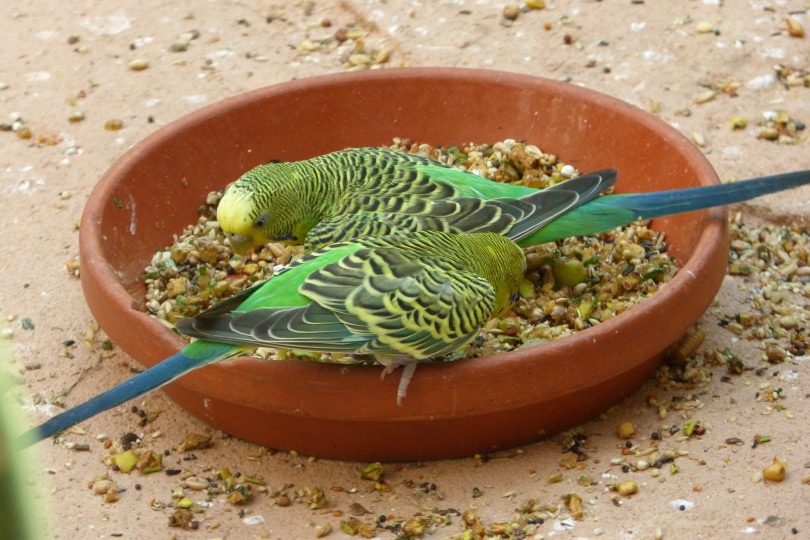
What Are the Benefits of Bananas for Your Parakeet?
With more calories than the average fruit (due to its high carbohydrate content), bananas are an excellent source of energy for your bird. They are also a good source of vitamin B6, potassium, manganese, and selenium. They also contribute to the intake of vitamin B9, magnesium, and fiber. Bananas are fresh fruits that provide high levels of magnesium and potassium.
How To Feed Bananas to Your Bird
You can give your parakeets small pieces of bananas, with or without the peel. However, if you want to keep the peel, be sure to buy organic fruit to remove all traces of pesticides. In all cases, wash the fruit well before offering it to your bird to eliminate bacteria and other germs.
Besides, mashed bananas are also a treat well appreciated by these little colorful birds.
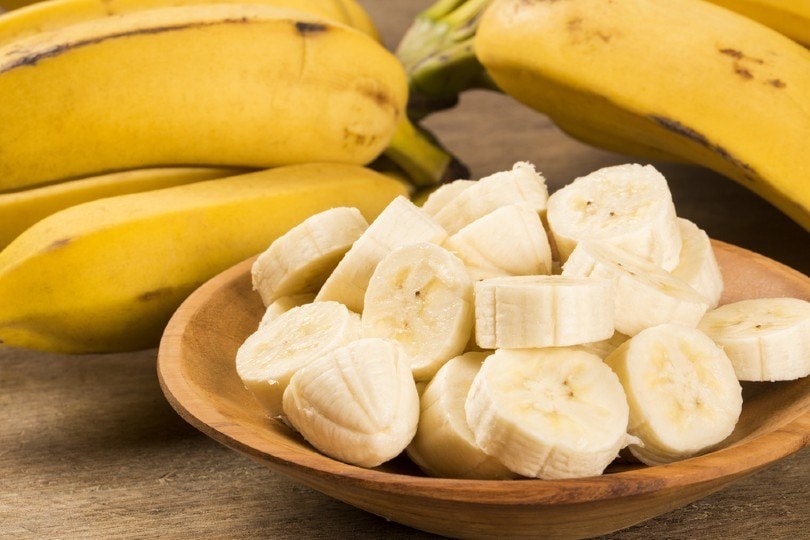
What Other Foods Can You Feed Your Parakeet?
As a general rule of thumb, most fruits and vegetables are safe for parakeets in moderation. Many fruits and vegetables are mostly water. Therefore, consuming high amounts of these fruits and vegetables can lead to diarrhea. Their lower nutrition also means they shouldn’t make up the bulk of your parakeet’s diet.
Occasionally, a few nuts are welcome. Choose almonds, pistachios, hazelnuts, various nuts, peanuts, or even flax, rice, chia, corn, squash, sesame, or sunflower seeds. The fatty acids contained in these seeds protect the cardiovascular system because they are rich in iron, vegetable proteins, magnesium, and omega-3.
To reward your parakeet, you can occasionally give them treats. The most popular are usually millet, corn, and sunflower seeds. However, you can use any food item that is safe and enjoyed by your pet.

How to Prepare Fresh Food for Your Parakeet
Always feed your parakeets raw fruits and vegetables; never cooked or processed in any way. These little birds are greedy by nature, and you will encounter difficulties only if you have fed them a diet consisting of seeds for too long. This can make them picky eaters, and you will need to remove the seed tray for a few hours until they have munched on the new food.
In the worst case, this will only be a problem for small cages, where parakeets will initially be afraid of the newly presented food. Birds with this temperament will take longer to adjust to new toys and accessories added to the cage. However, despite their initial reluctance to have fresh fruit put into their cage, once they taste it, they will love it, even if all parakeets are different, and some can be particularly picky!
Note: If your parakeet does not eat all the food, remove any leftovers at the end of the meal. Many fresh foods, especially fruits, are high in sugar, which attracts fruit flies and spreads bacteria. These bacteria can infect your parakeets and cause health problems.
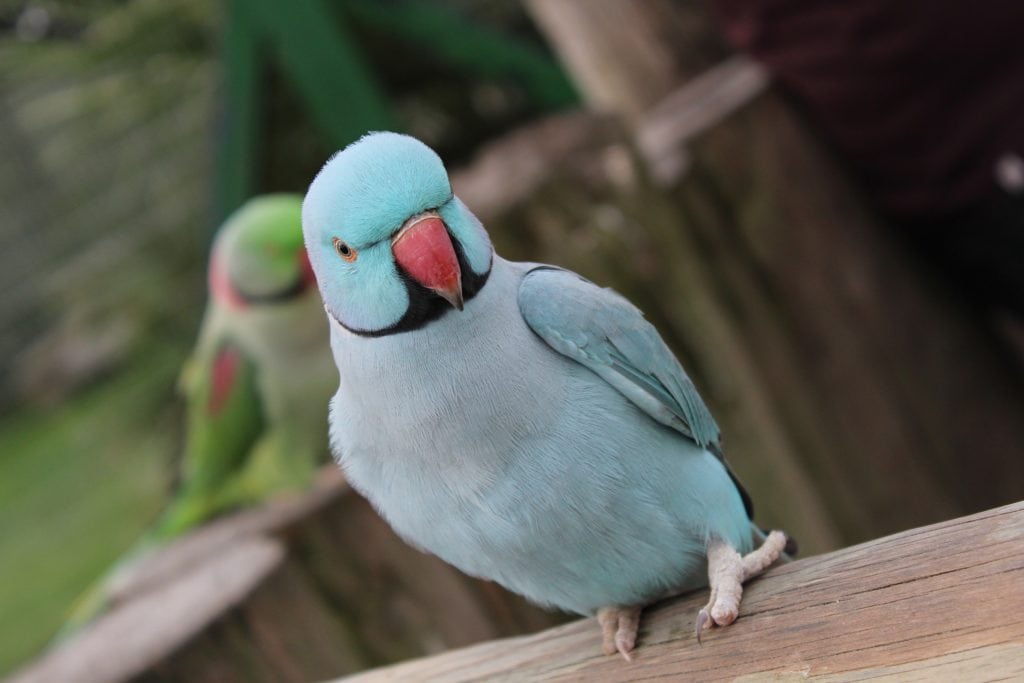
What Can’t Parakeets Eat?
Sharing your snack with your parakeet is a great way to strengthen your bond, but there are certain foods to avoid as they can be toxic to your bird. So, make sure never to feed your parakeet the following food:
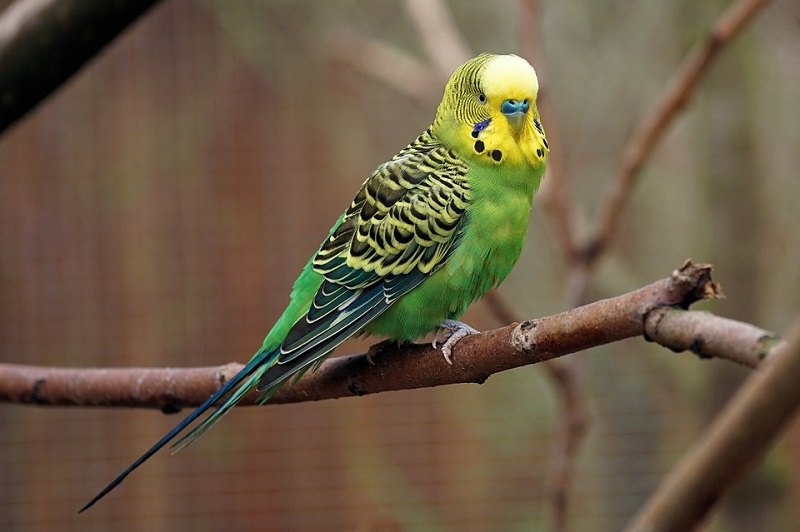
Conclusion
Parakeets can eat a variety of human foods as long as they have received proper nutrition. Bananas, cut into small pieces, are safe to feed your pet birds. But, as a general rule, it is best to offer fruit in moderation. Parakeets don’t necessarily have a sweet tooth, but it’s easy to feed them too many sweet fruits, like high-calorie bananas. Offer your little parakeet two or three small amounts twice a week, and you will have a happy and healthy winged companion.
Featured Image Credit: apiguide, Shutterstock




